“Don’t have those artificial sweeteners (AS). They’re bad for you. They’re killing you.”
You’ve probably heard these statements a lot of times by the time you’re reading this article. And it’s no surprise.
With news sites writing fitness & health articles these days just to add ‘content’ in their pursuit of transition towards a digital world, anything and everything makes for good content as long as it grabs someone’s attention. Even if it breeds on people’s fears & at times, provides wrong content or makes wrong claims. The value ladder is pretty f*ked to say the least.
Artificial sweeteners have been around in the market since DECADES. Some people rave about the fact that they’re super low on calories and are a go to solution for making something sweet without bumping up the calories. Think low calorie brownies for some treat.
And then there are people who seem to be concerned about the negative health effects of these sweeteners. Most of them seem to show concerns about the carcinogenic effects, contributions to weight gain, stimulation of hunger or appetite, etc.
From a personal experience, usually the people suggesting not to use AS don’t look very healthy / fit. While those who use them daily seem to be living a great healthy life. Again, this is just a personal experience. Not saying you HAVE TO use AS in order to be fit.
A lot of research has been done to prove the safety & efficacy of these substances & yet the confusion still persists in the industry regarding their safety. We’ll be looking at Aspartame & Sucralose for this article as those are the two main AS used in today’s world.
Regulatory Processes & Approvals for Use
This is the first step when it comes to understanding if something is safe to consume or not.
AS have been in the market now for quite a while now. And they’re still available for purchase in the grocery store. Firstly, it’s not like something is unleashed into the food market for consumption without proper safety evaluations conducted by regulatory authorities.
Secondly, if there is data to support the fact that something is harmful in the later stages after it’s launch, then that substance is quickly removed from the grocery shelves and deemed unsafe for consumption.
Then why is it that it’s been a long time (A really really long time) since AS were first launched & are still available in the market? Hmm, they might be safe.
Also, everything that we consume has a dosage associated to it. This is usually a range. When consumed within that range, the substance shows no side effects or harmful effects.
However, if you just go crazy and load 10X the amount of that dosage, then it shouldn’t shock you if something bad happens. This holds true for anything, be it sugar or even fiber for that matter, let along artificial sweeteners.
To give you some perspective, the Acceptable Daily Intake (ADI) by the USFDA for Aspartame is set at 50 mg/Kg in the US, or the equivalent of a 60 Kg adult consuming 4 litres of artificially sweetened soft drinks per day.
Now, the ADI is usually 10 times less than the amount that is considered safe for consumption according to the studies conducted for safety. But the USFDA just divides the so called “No Observable Adverse Effect Level” by 10 and publishes it as the ADI. This is just to be on the safer side of things.
That being said, according to the studies conducted on humans, if you consume 40 litres of artificially sweetened soft drinks per day, there are still no adverse effects found.
Forget 40 litres, you’re probably not even consuming 4 litres of diet coke per day.
Evidence to support the safety
Scientists and researchers have done various studies to study the effects of AS on our health & the dosage that’s safe for consumption.
Numerous studies have been done to study the carcinogenic effects of aspartame & sucralose in humans & found no link whatsoever and have been marked as totally safe for consumption.
Artificial Sweeteners & Weight Loss
Few of the reasons why someone includes artificial sweeteners in their diets is to either avoid sugar & the harmful effects of consuming a lot of sugar or to reduce their calorie intake or both.
Artificial sweeteners are a great substitute for sugar & have much more sweetness than sugar on a gram per gram basis.
Using diet sodas, sugar free gums & other forms of low calorie sweetened drinks & foods is a great way to reduce your overall calorie intake which can help you in losing weight and improve your health for good.
It can also allow you to have some periodic sweet treats from time to time without worrying about the added calories from sugar & hence make your weight loss journey much smoother & enjoyable.
Conclusion
Artificial Sweeteners have been around since a long time & various studies have been done to study the safety of these sweeteners.
There have been no signs of any adverse effects if consumed well within the SANE & SAFE range.
If you’re looking to cut a few calories from your diet, replacing sugar with non calorific sweeteners is a great idea. You get the benefits of the sugar without the added calories.

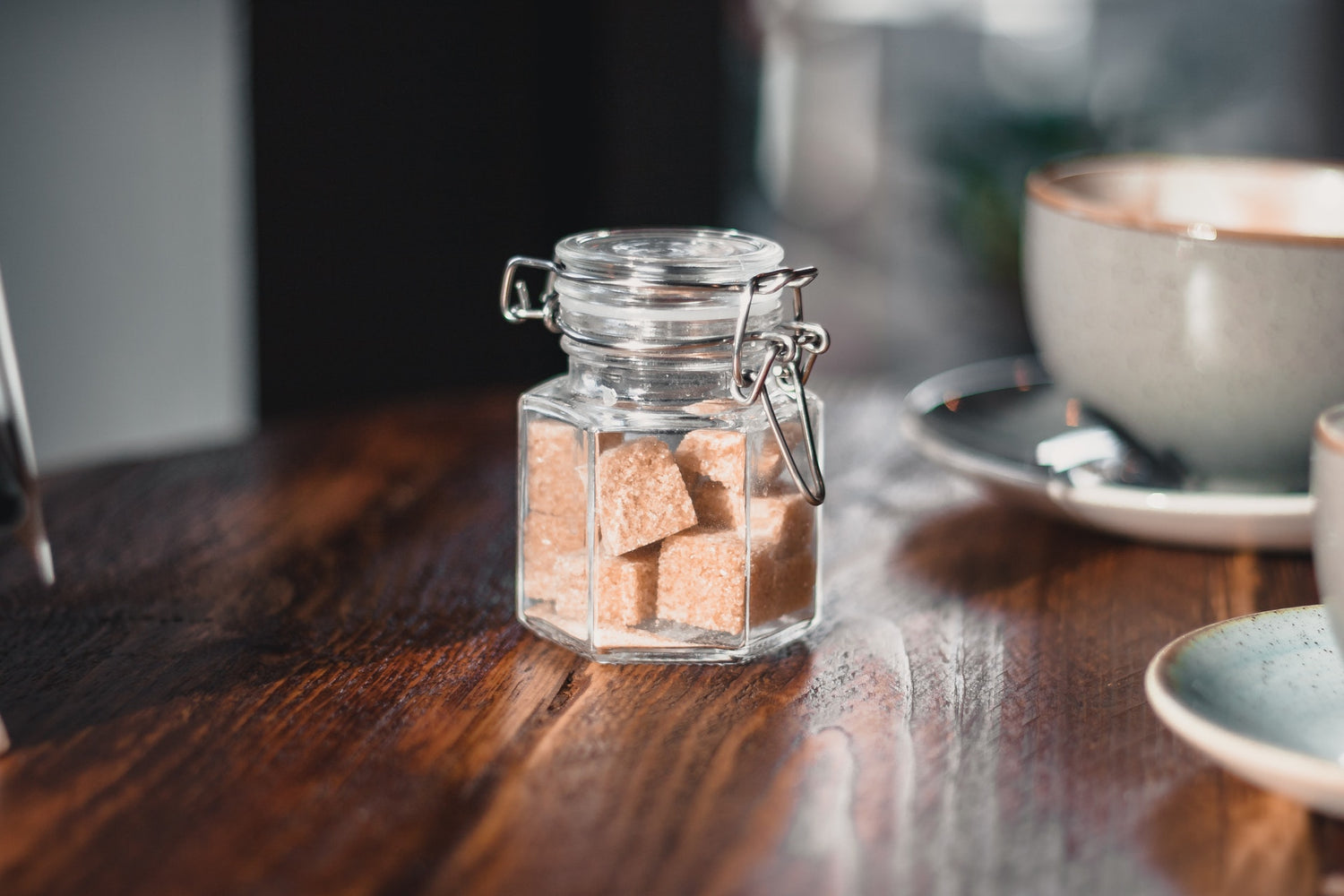
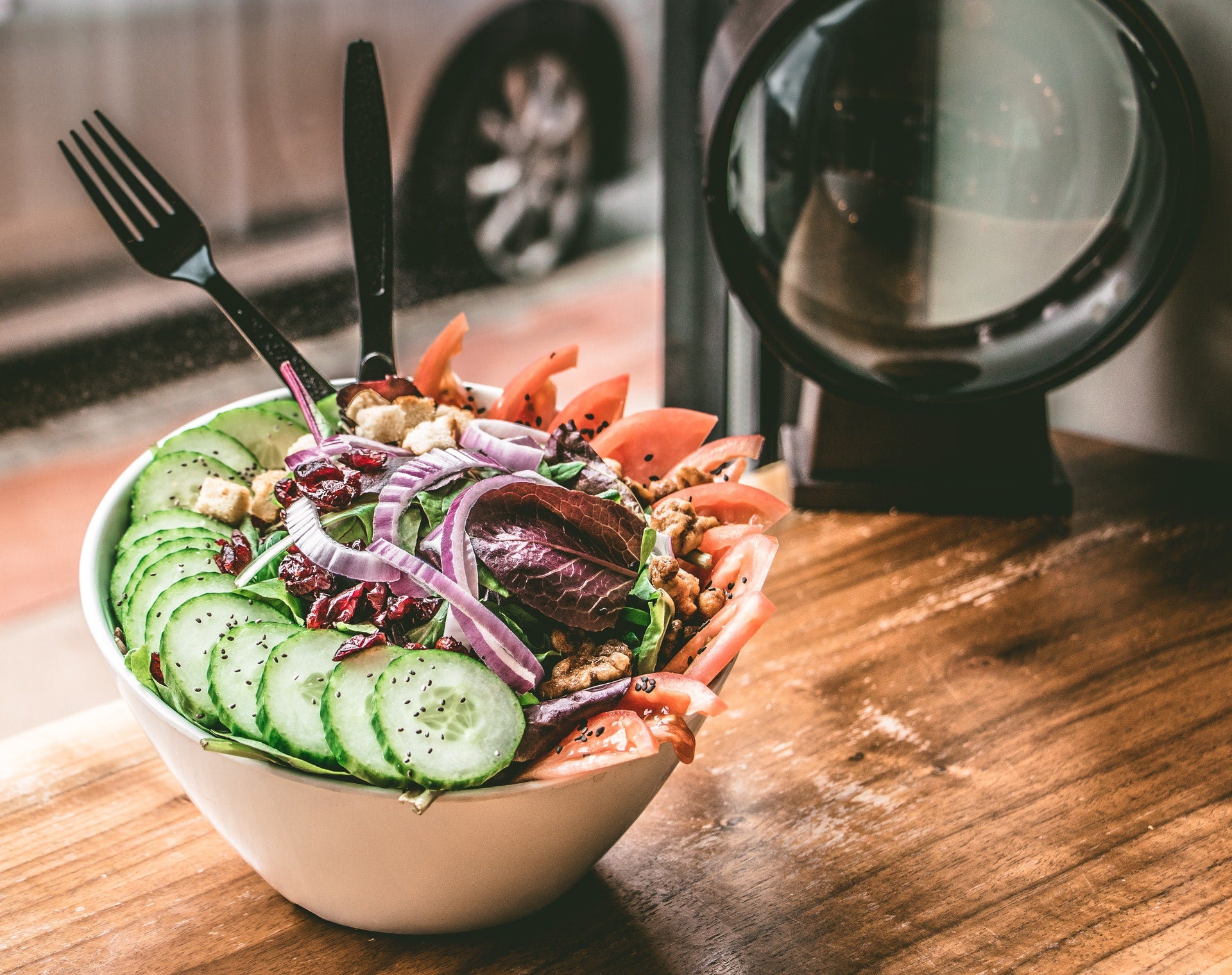


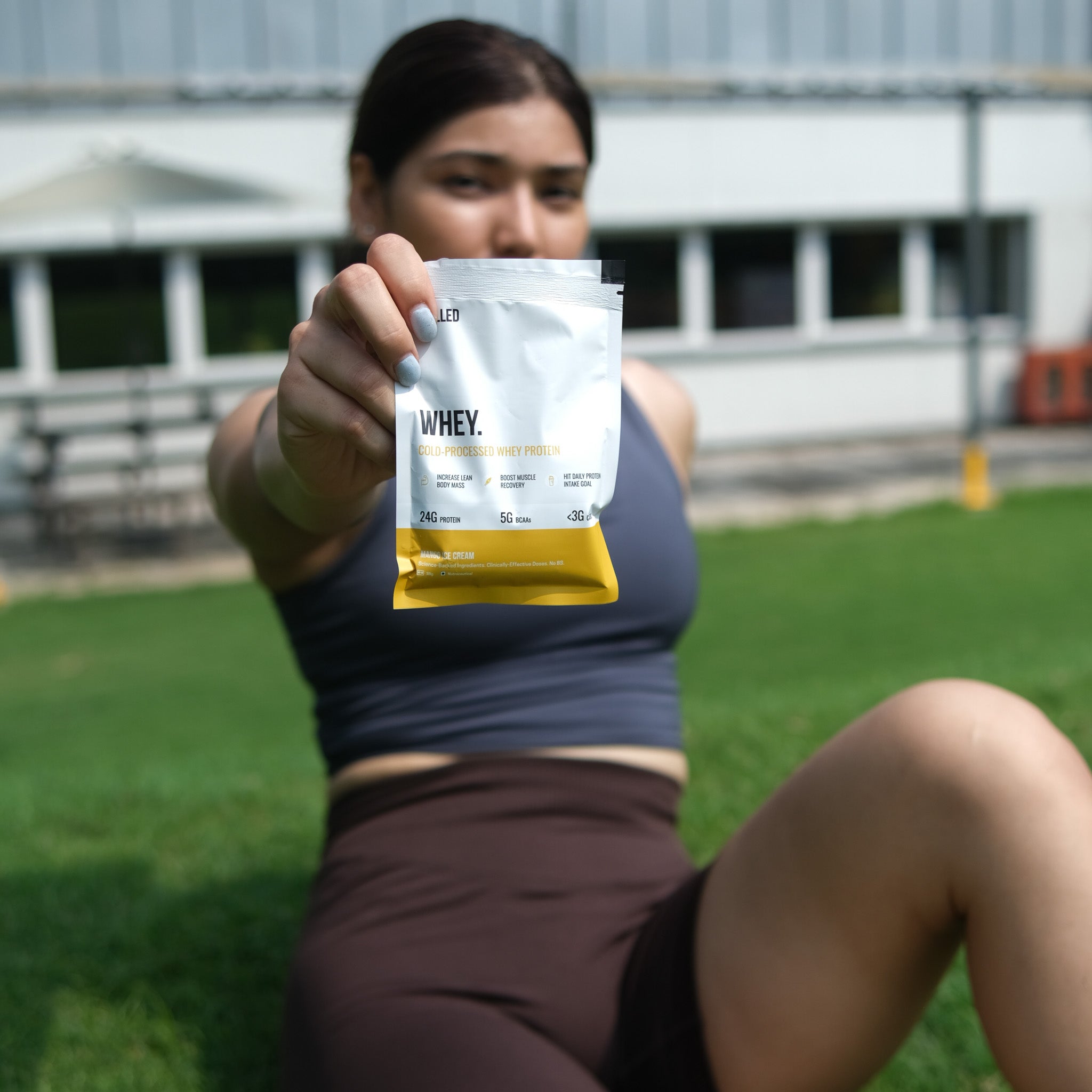
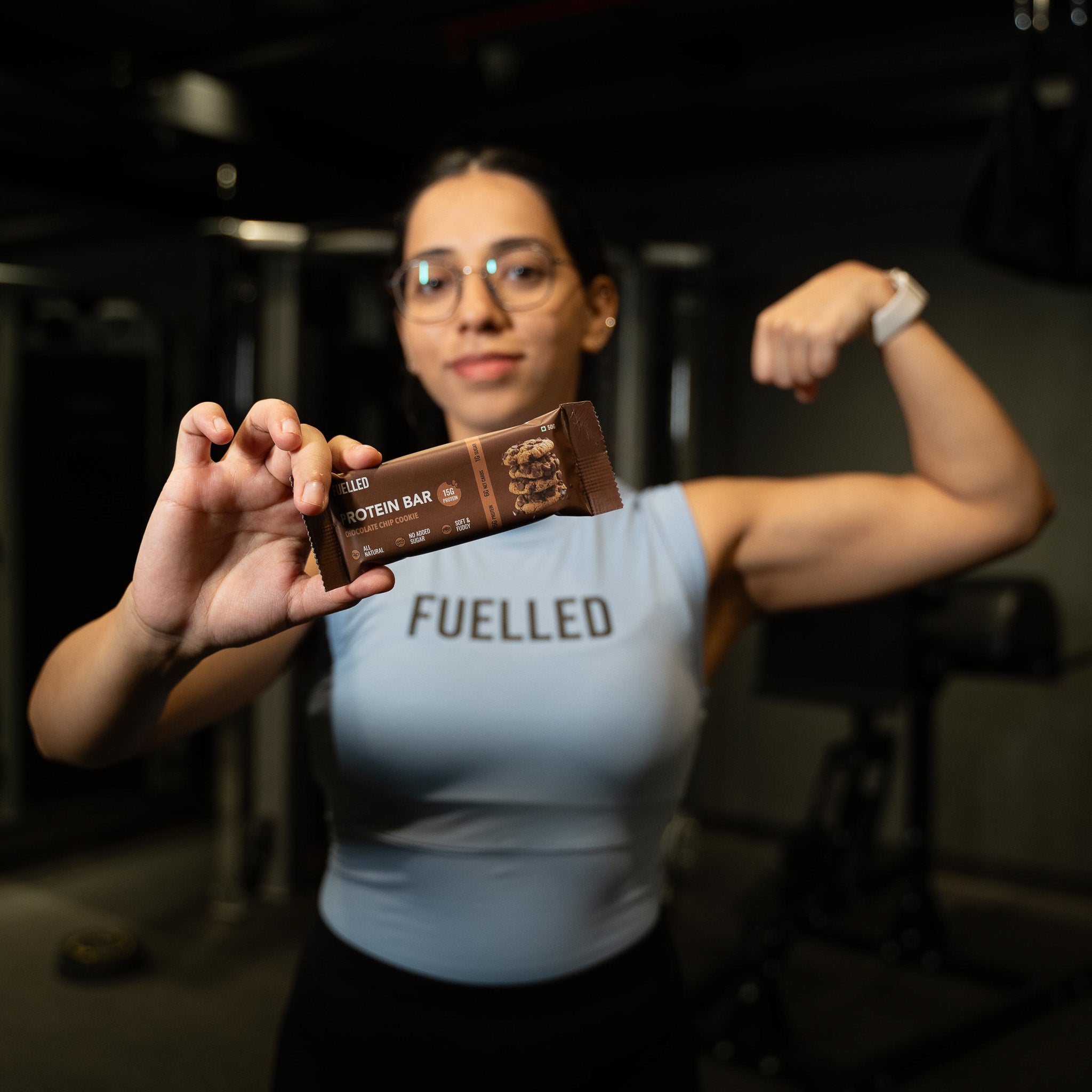
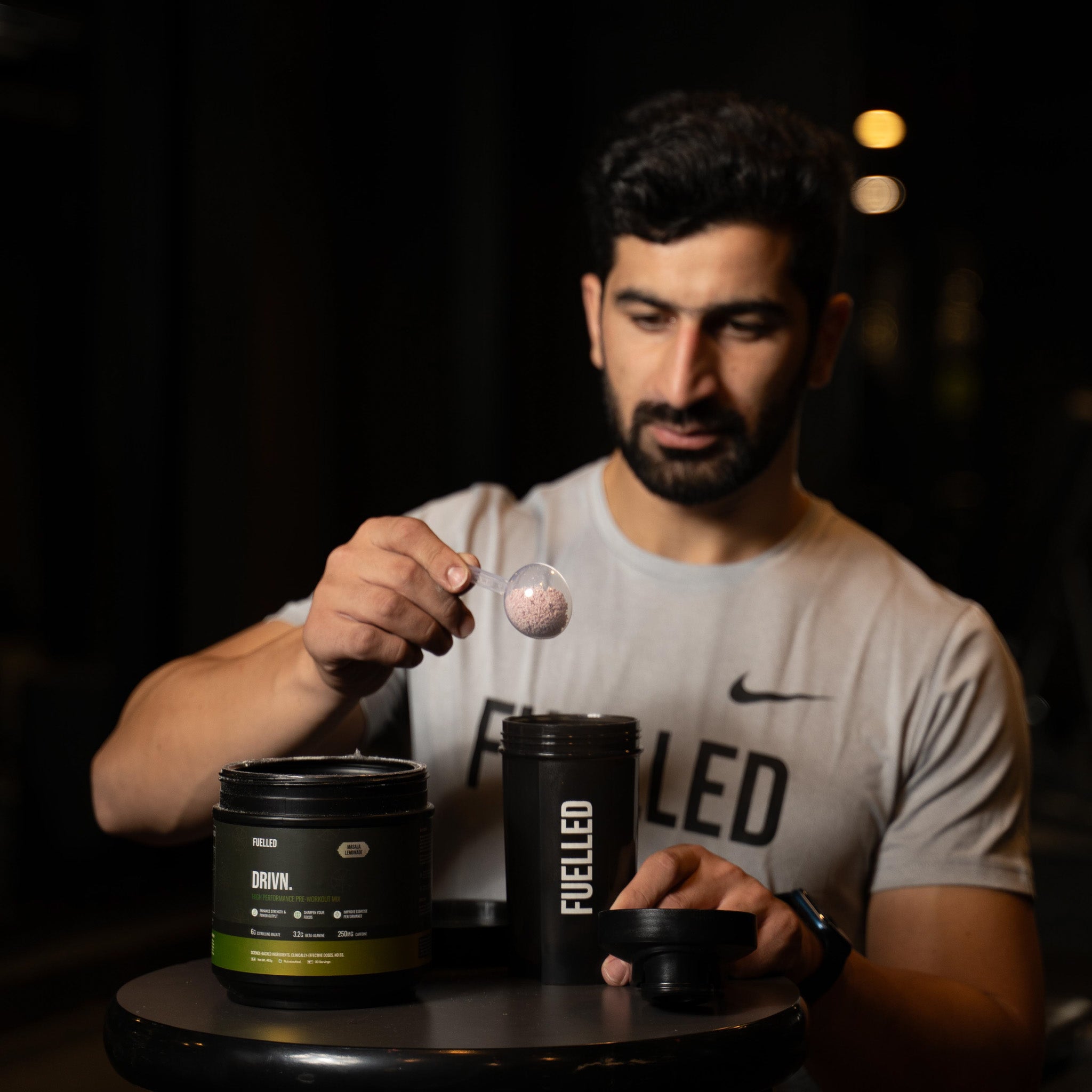
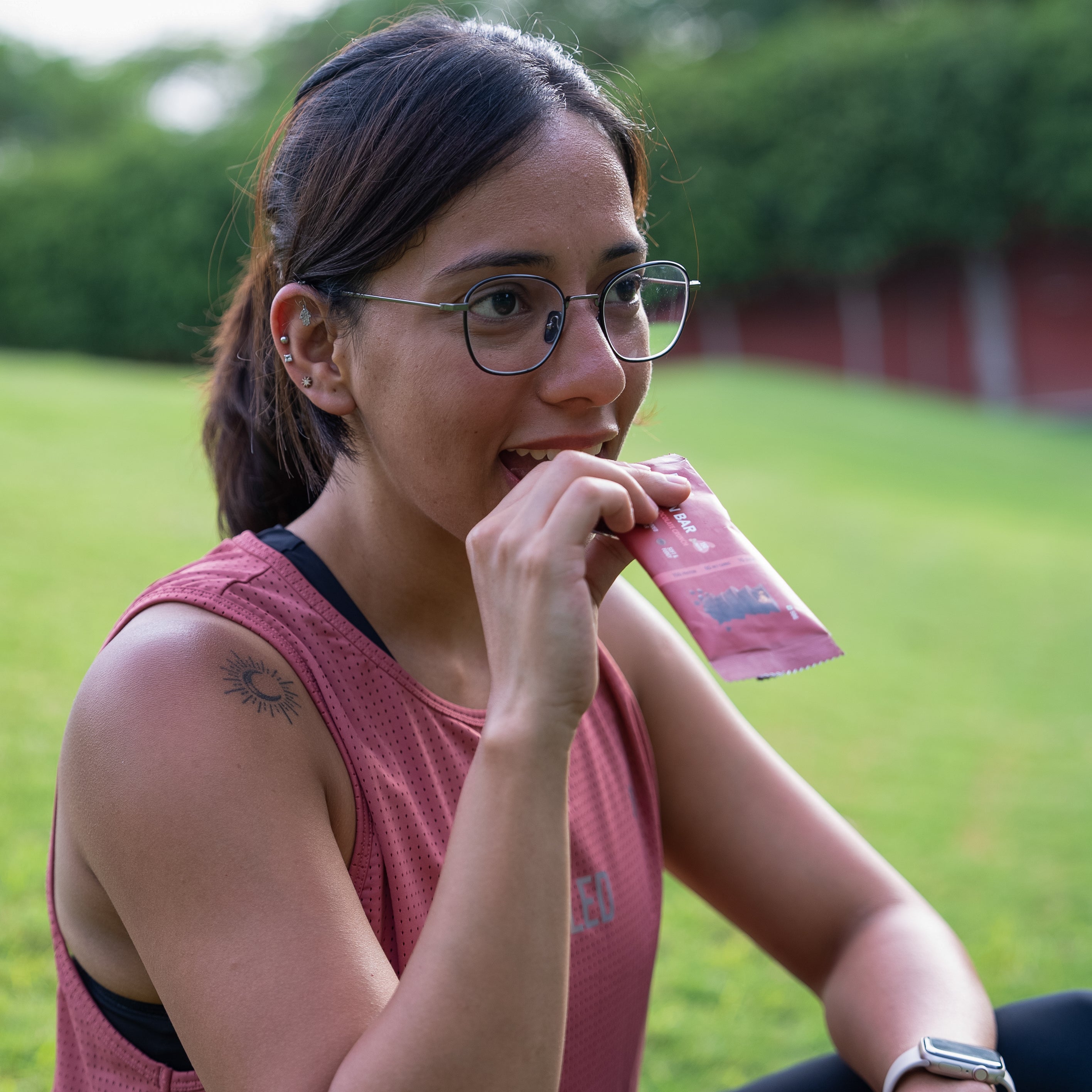

Leave a comment
This site is protected by hCaptcha and the hCaptcha Privacy Policy and Terms of Service apply.